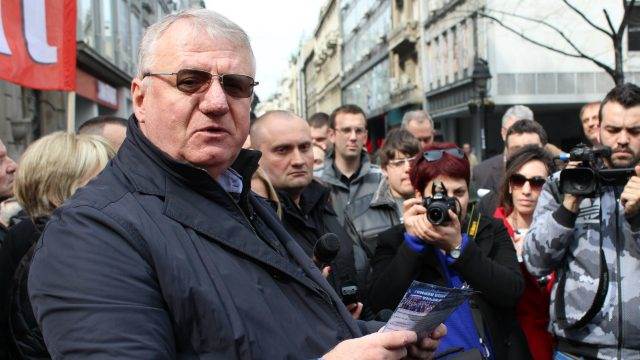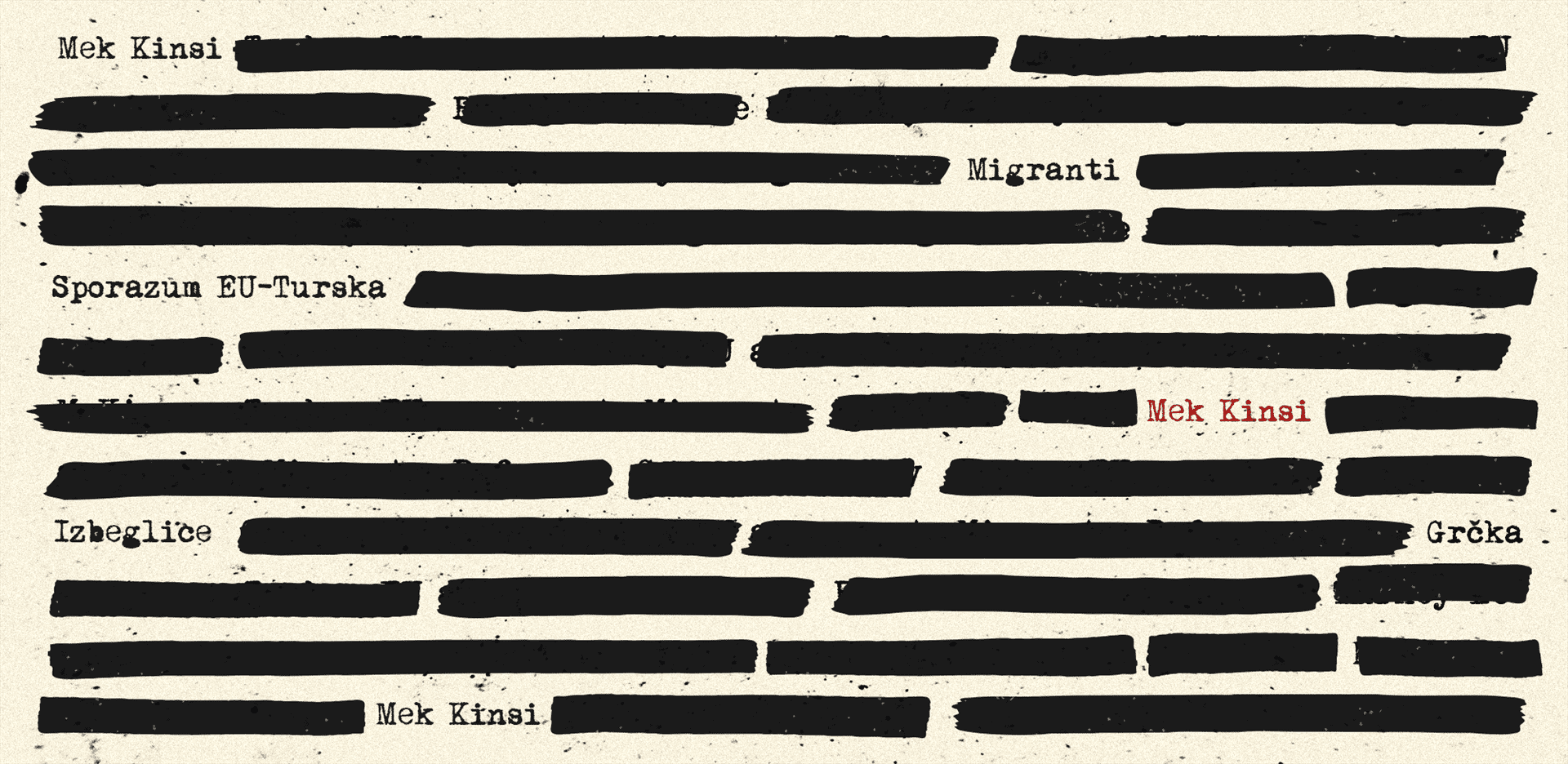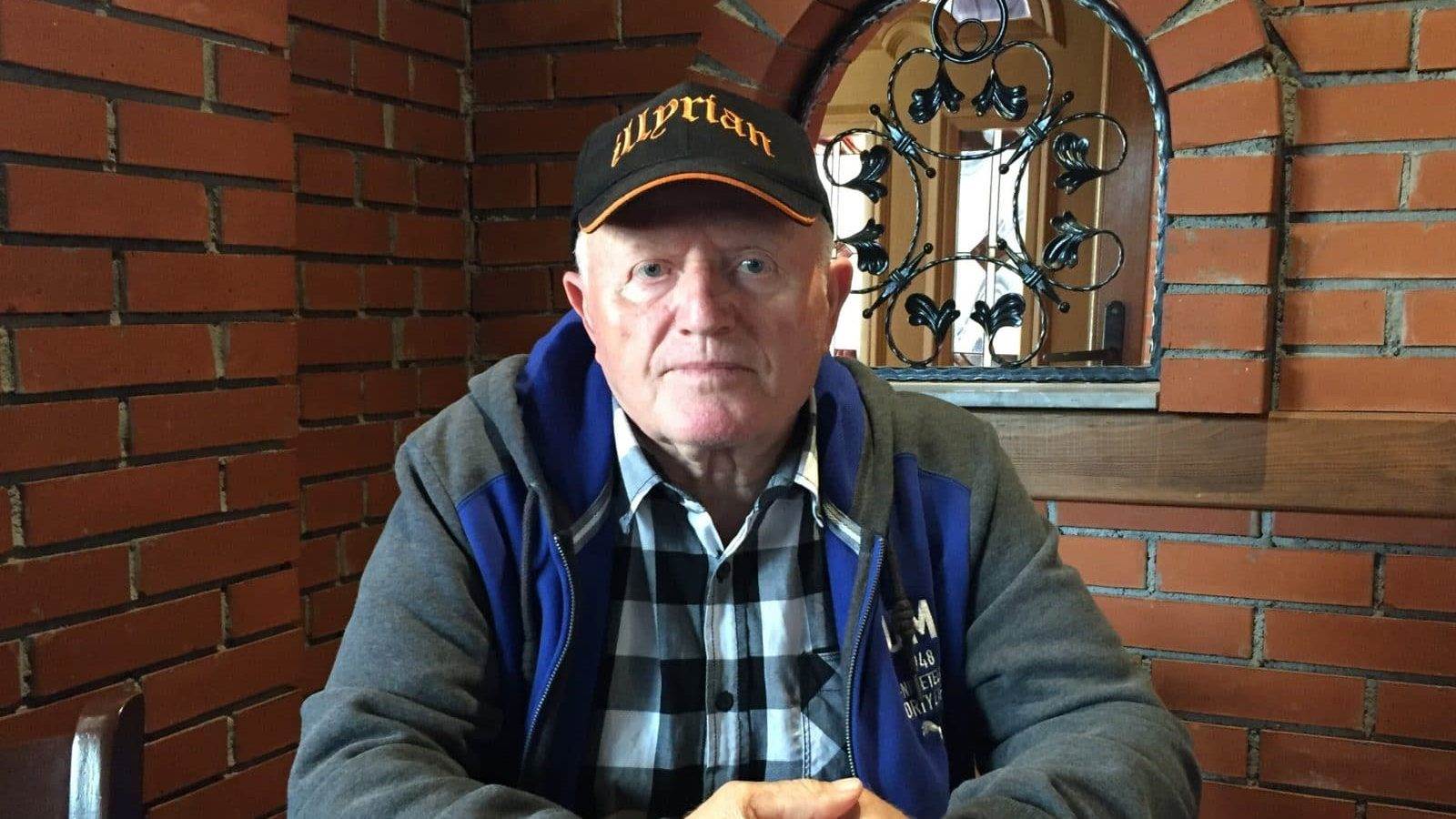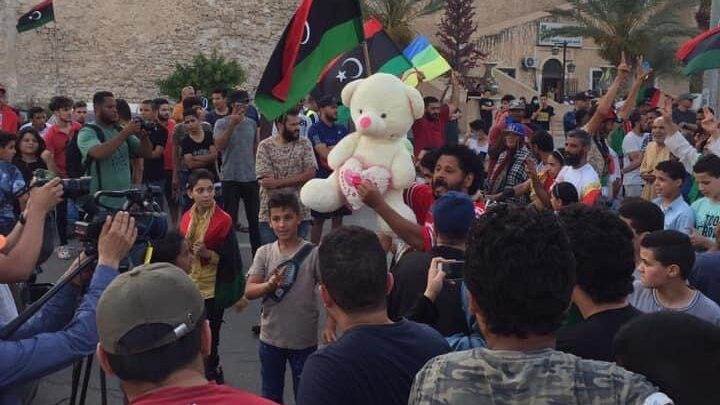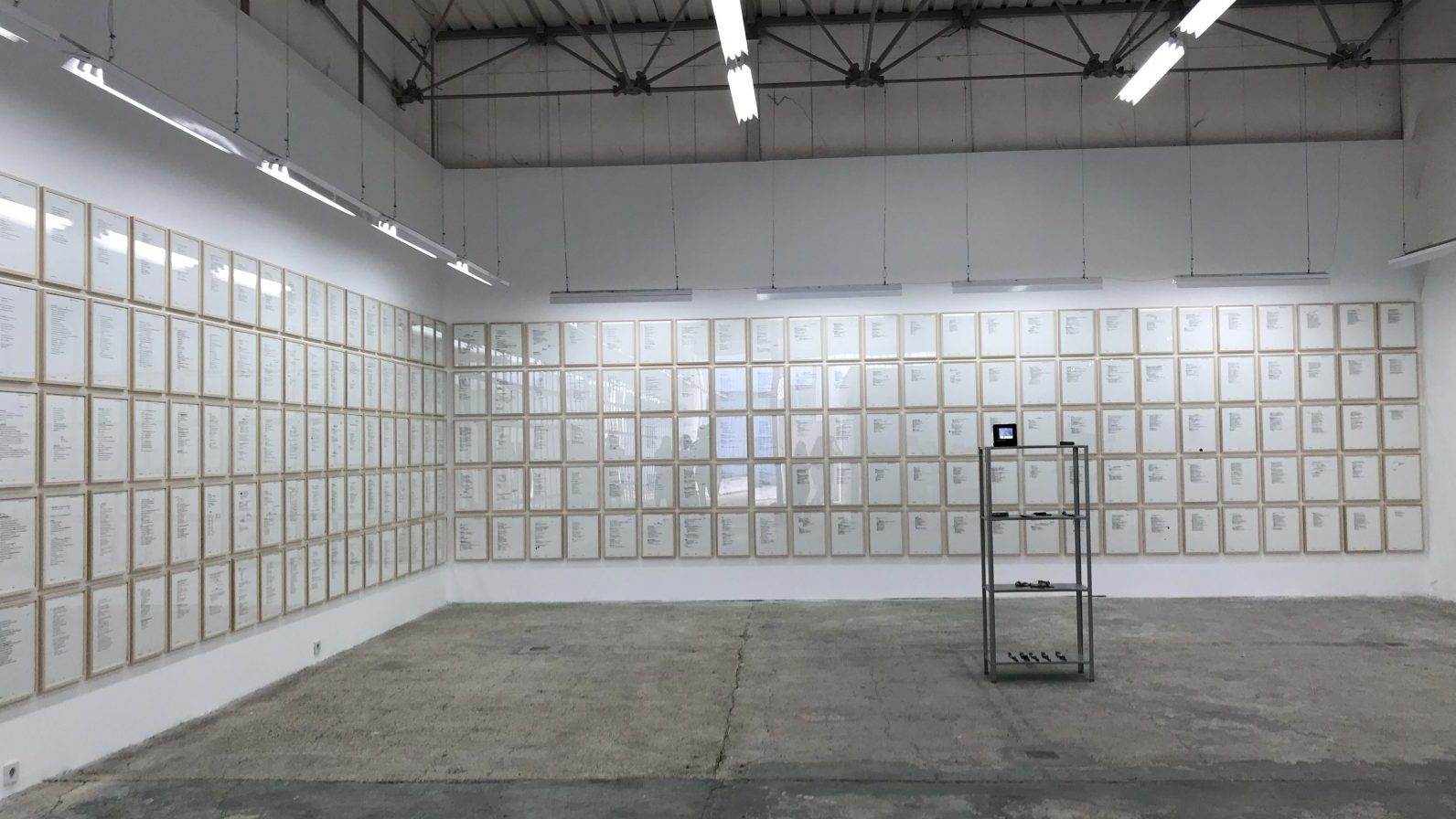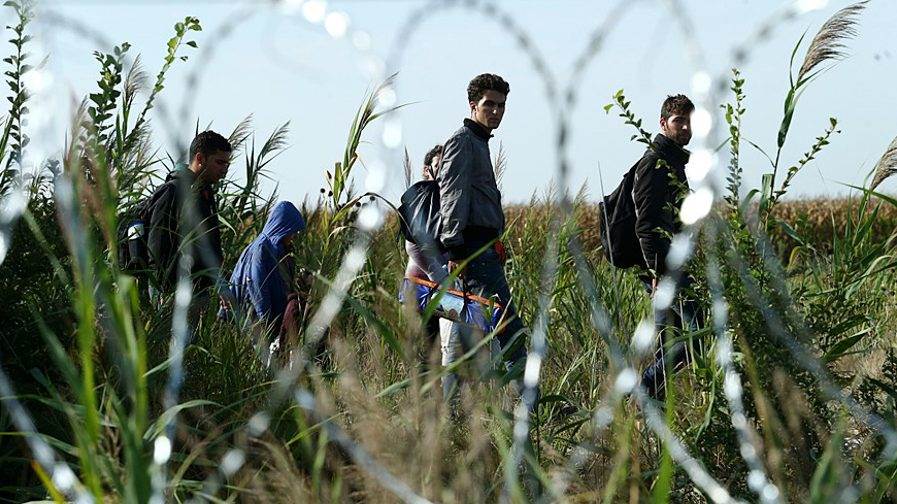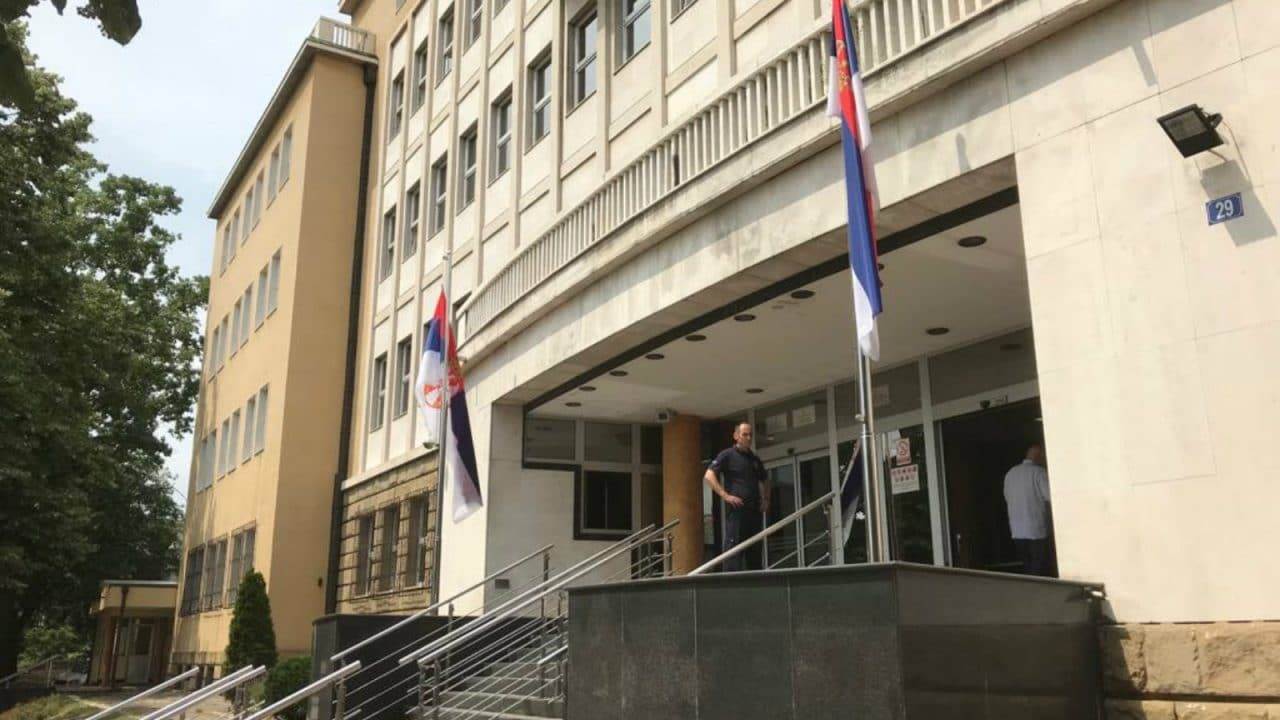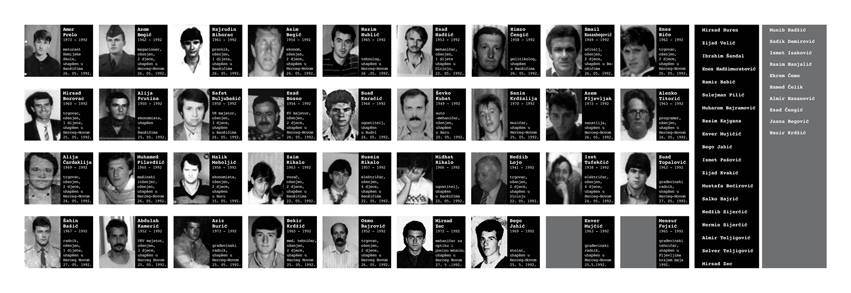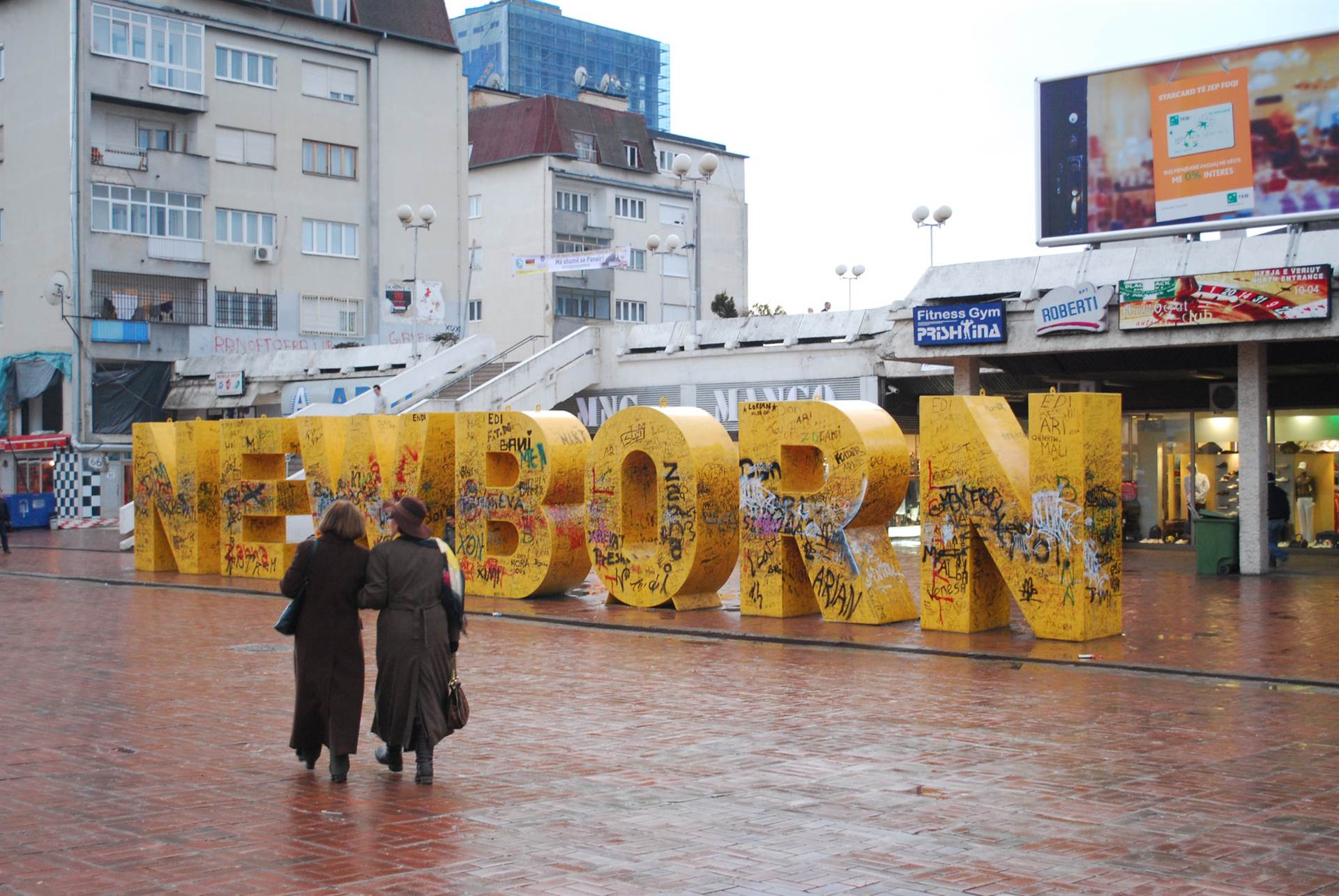Vojislav Seselj – convicted in 2018 of inciting war crimes in the village of Hrtkovci in 1992 – will no longer have a seat in Serbia’s parliament, after his Serbian...
In 2016 and 2017, US management consultancy giant McKinsey was at the heart of efforts in Europe to accelerate the processing of asylum applications on over-crowded Greek islands and salvage...
Even when perpetrators are convicted of war crimes in Kosovo, the country’s courts never award compensation to the victims, while protected witnesses who need to remain anonymous don’t launch civil...
An improvised bomb found last week strapped to a teddy bear in the Libyan capital featured a mortar shell produced last year in Serbia. Despite an arms embargo, Serbian weapons...
Every page of a wartime diary kept by former Bosnian Serb military chief Ratko Mladic, and used as evidence against him, was redrawn by artist Vladimir Miladinovic and is going...
A human rights NGO has filed a criminal complaint against unknown Croatian police officers for 'degrading treatment' of 33 migrants and refugees - including tagging migrants with paint - and...
Osman Osmanovic, who is accused of war crimes against prisoners at a detention camp in Gornji Rahic in Bosnia and Herzegovina’s Brcko area in 1992, pleaded not guilty as his...
Families of 66 mostly Bosniak refugees handed over to Bosnian Serb troops by Montenegro in 1992 and then killed want a memorial built for their loved ones - but the...
The Kosovo government is making a second attempt to set up a War Crimes Research Institute - but experts are sceptical because of the authorities’ two-decade-long failure to properly document...

